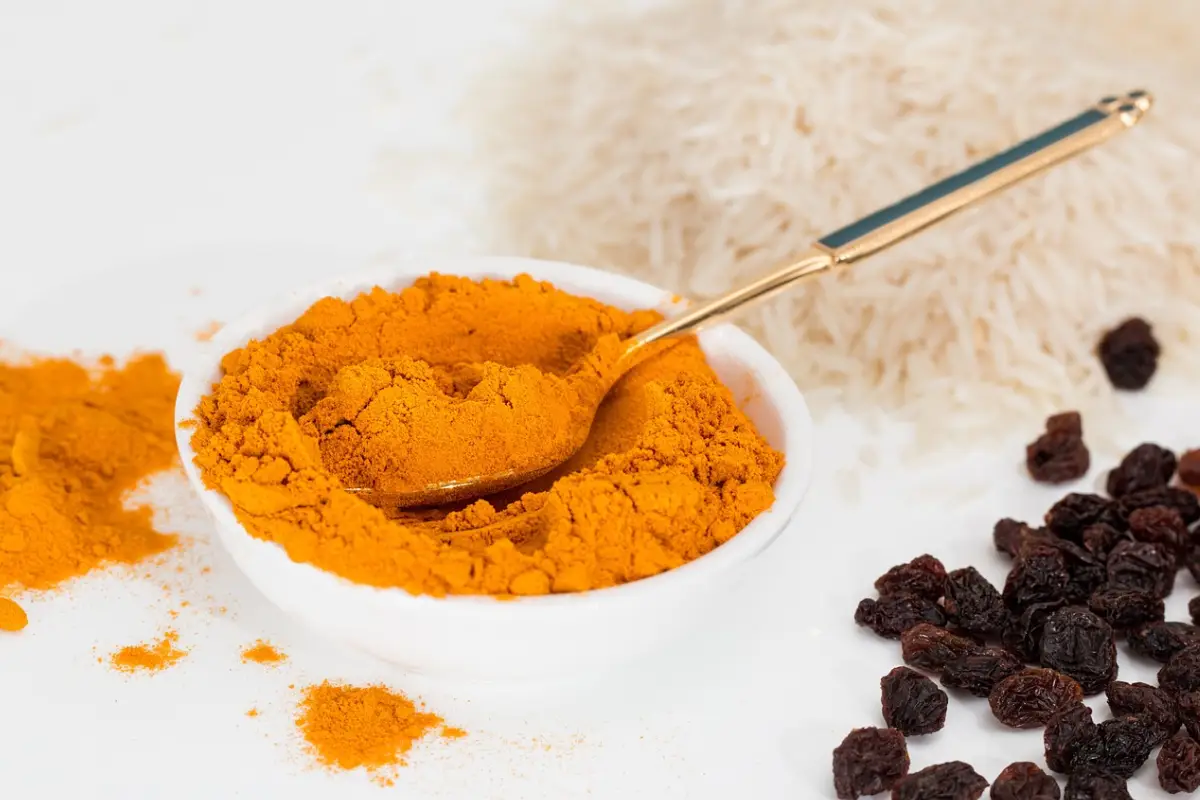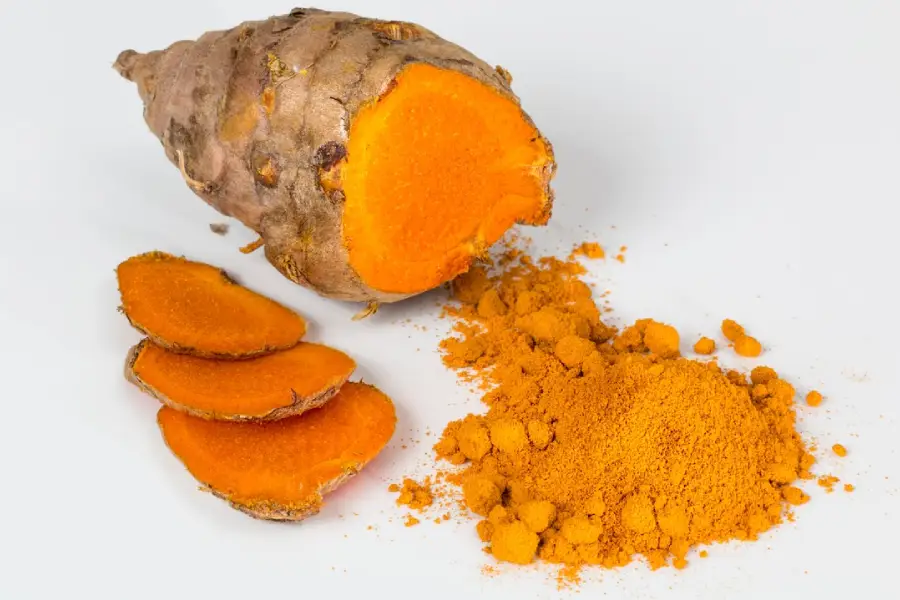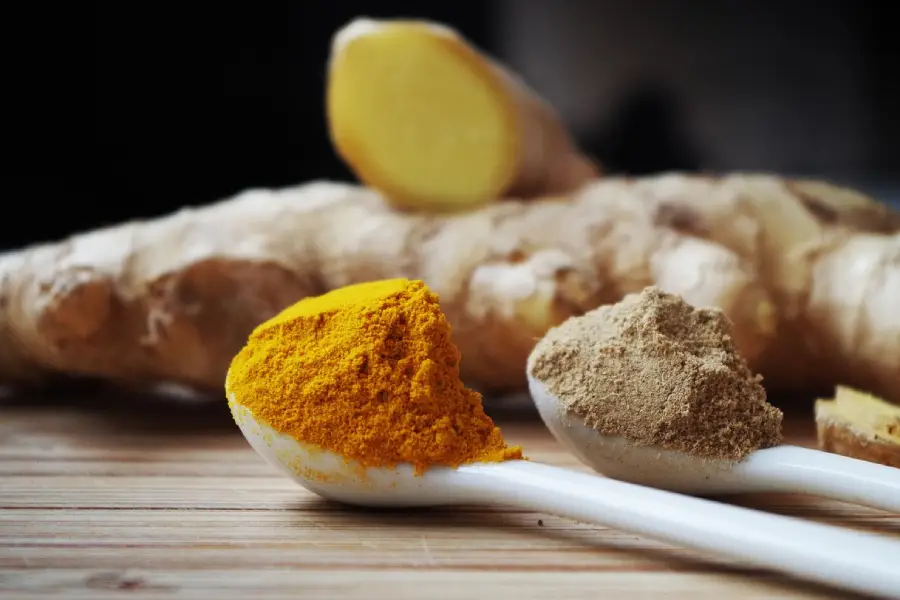
Recommended Dose of Turmeric for Inflammation: Effective Strategies
Recommended Dose of Turmeric for Inflammation. Inflammation is a natural response our bodies initiate to protect us against foreign invaders and irritation. However, prolonged inflammation can lead to chronic diseases like arthritis, heart disease, and even cancer. Finding safe, natural ways to combat inflammation has become crucial. One promising botanical that has received a ton of attention is turmeric. But nailing down the recommended dose of turmeric for inflammation relief can be tricky.
Curcumin is a potent anti-inflammatory and antioxidant. However, not all turmeric supplements are created equal. The curcumin concentration can vary widely, impacting the dosage you need to reap the benefits. Let’s explore the science behind turmeric, the ideal daily dosage for inflammation and health, and the best ways to incorporate it into your routine.
Contents
Determining the Optimal Therapeutic Dosage
When researching the ideal anti-inflammatory dose of turmeric, you’ll encounter varying recommendations. Many factors influence how much curcumin your body absorbs and utilizes. Elemental factors like the curcumin concentration, its bioavailability, and the condition being treated all play a role.
Most clinical research on turmeric uses doses ranging from 500-2000 mg of curcumin daily. Generally, amounts on the higher end of the spectrum may provide more anti-inflammatory and antioxidant activity. However, there isn’t much added benefit beyond 2000-4000 mg per day.
One major challenge with turmeric is its poor bioavailability. Our stomachs don’t absorb curcumin very efficiently on their own. However, pairing turmeric with black pepper can significantly boost absorption thanks to a piperine compound. Some studies indicate piperine can increase curcumin bioavailability by up to 2000%!
Additionally, formulas containing phospholipids or oils may also enhance bioavailability. The more bioavailable the curcumin, the lower the dose you may require. Focusing on optimized bioavailability can allow you to reap more benefits from lower doses.

Recommended Dose of Turmeric for Inflammation
There’s ample evidence that turmeric can effectively combat inflammation at sufficient daily doses. For general wellness, 500-1000 mg of curcumin with added piperine is a great maintenance dose. But consider exploring higher divided doses around 2000-4000 mg daily if you’re looking to target specific inflammatory conditions.
Enhancing curcumin’s bioavailability is critical to maximizing its benefits, so combine it with black pepper or healthy fats whenever possible. Implementing a daily curcumin supplement and a diet high in anti-inflammatory foods like fruits, veggies, fish, and healthy fats can help reduce inflammation and disease risk.
Since dosing can vary so widely, let’s examine some research on turmeric doses for specific inflammatory health conditions:
Arthritis
For reducing osteoarthritis pain and stiffness, studies have used 2000-4000 mg of curcumin daily, often paired with black pepper. After 4-6 weeks, significant improvements in symptoms were noted at these higher doses.
Rheumatoid arthritis studies also confirm the anti-inflammatory benefits of curcumin. Doses around 1000 mg daily for 8-12 weeks reduced inflammatory markers like CRP. 500 mg twice daily also improved swelling and walking time in rheumatoid arthritis patients.
Ulcerative Colitis
Studies examining turmeric for ulcerative colitis and inflammatory bowel disease (IBD) also require higher doses for a therapeutic effect. Amounts around 2500-5000 mg of curcumin show improvements in symptoms like abdominal pain, bowel movements, and stool consistency.
Metabolic Syndrome
Turmeric doses from 1000-1500 mg daily for 8-16 weeks reduced inflammation and insulin resistance related to metabolic syndrome. Curcumin also decreased the expression of inflammatory cytokines.
Cardiovascular Disease
Doses from 500-1500 mg daily for 2-3 months reduced inflammatory risk factors for cardiovascular disease. Benefits included improved endothelial function, decreased C-reactive protein (CRP), and lower triglycerides.
Neurodegenerative Disease
Curcumin may also protect the brain and cognitive function thanks to its anti-inflammatory and antioxidant activity. Doses of around 1000 mg per day improved memory in Alzheimer’s patients. It also reduced depressive symptoms in those with major depressive disorder.
Cancer
Some preliminary studies show curcumin holds promise for preventing certain cancers like colorectal, prostate, and breast cancer. Doses up to 8000 mg per day for 3-4 months reduced the progression of precancerous lesions. Curcumin also lessened potential treatment side effects.
The Ideal Preventative Daily Dose
While higher doses seem most effective for therapeutic use, lower amounts, around 500-1000 mg, may offer protective benefits in otherwise healthy people.
As a potent anti-inflammatory and antioxidant, curcumin may help counteract the disease-provoking effects of inflammation and free radicals. Protecting the body from these damaging compounds reduces the risk of many chronic illnesses.
For general wellness:
- 500-1000 mg curcumin is beneficial
- Take with 5-10 mg piperine to enhance absorption
- Ideally, it also contains phospholipids or oils for better bioavailability
At these lower doses, curcumin is highly safe. There are no known serious adverse effects, even at doses above 8000 mg. Mild side effects like diarrhea or nausea may occur at very high doses.
Regular, consistent intake is also more important for preventative effects versus sporadic high doses. Developing a daily curcumin habit may be helpful for lifelong inflammatory protection.
Learn more: Essential Oils for Period Cramps.
Factors Influencing the Recommended Dose
The “recommended dose of turmeric for inflammation” isn’t a one-and-done recommendation. Several factors can influence the right amount for you. Let’s take a look at these variables:
Body Weight and Metabolism
Your body weight and metabolism play a significant role in determining the ideal turmeric dosage. Individuals with higher body weights might require a slightly higher dose to experience the same effects. Additionally, a faster metabolism could affect how quickly curcumin is absorbed and utilized by the body.
Severity of Inflammation
The level of inflammation you’re dealing with also impacts the recommended dose. If you have a chronic condition with persistent inflammation, you may need a higher dose of curcumin to manage your symptoms effectively. However, for milder or occasional inflammation, a lower dose may suffice.
Individual Sensitivity
Everyone’s body reacts differently to substances, and turmeric is no exception. Some individuals may be more sensitive to curcumin, while others might require a higher dose to experience its effects fully. It’s essential to pay attention to how your body responds.

Achieving the Therapeutic Dosage
One challenge with reaching optimal anti-inflammatory doses is that standard turmeric powders contain just 3-5% curcumin. You’d have to consume a cup of turmeric powder daily to reach 2000 mg of curcumin!
That’s why extracts and enhanced turmeric formulas benefit from more curcumin in a reasonable dose. Here are some ways to increase the daily curcumin dosage:
- Concentrated extracts: Look for 95% curcuminoid extracts to get 1900 mg curcumin in one 2000 mg capsule.
- Enhanced bioavailability: Formulas with black pepper, phospholipids, or oils boost absorption. This allows you to take lower doses while getting higher bodily concentrations.
- Divided doses: Taking smaller doses 2-3 times daily rather than one large dose maximizes absorption and benefits.
- Therapeutic boost: Consider higher divided doses (2000-4000 mg) for 2-3 months to target specific inflammatory conditions. Then, lower it to a maintenance dose.
The Best Ways to Take Turmeric
Beyond finding properly dosed capsules, there are other ways to work turmeric into your daily routine:
- Golden milk: Mix turmeric powder into warm milk with black pepper and healthy oils like coconut oil. Sip this anti-inflammatory tonic daily.
- Lattes: Add turmeric powder or extracts into coffee, matcha, or chai lattes. The healthy fats improve curcumin absorption.
- Soup: Simmer turmeric into soups, stews, or bone broths. Natural fats increase bioavailability.
- Smoothies: Blend turmeric powder into smoothies along with coconut milk or healthy oils.
- Tea: Steep turmeric tea from fresh or dried turmeric root. Add lemon, ginger, or black peppercorns to enhance absorption.
- Marinades: Coat meats, tofu, or veggies with a turmeric-based marinade before cooking. Turmeric pairs well with oils, citrus, ginger, garlic, onion, and spices.
- Dressing: Whisk together turmeric powder, apple cider vinegar, olive oil, and black pepper for a bright salad dressing.